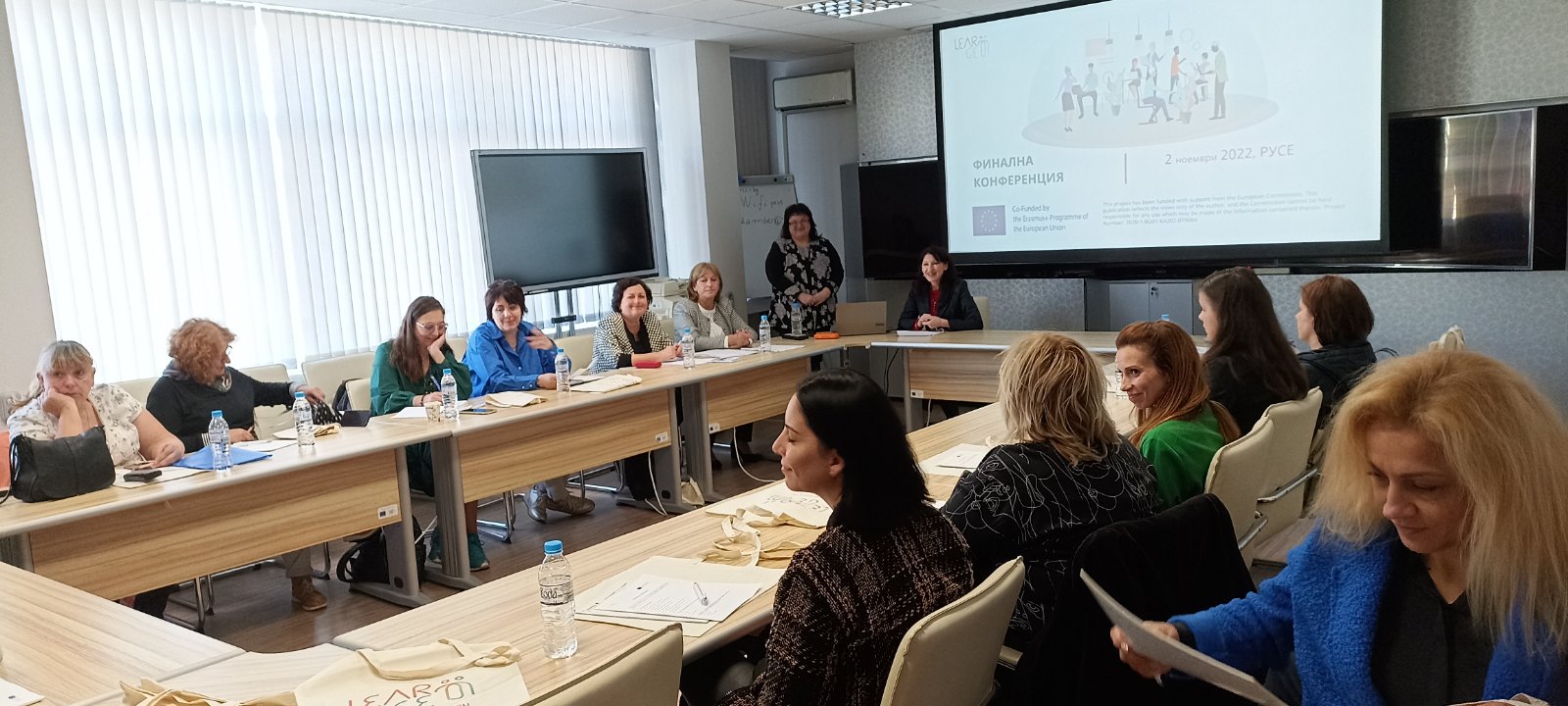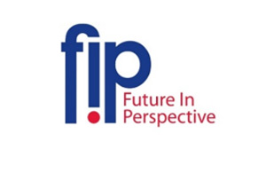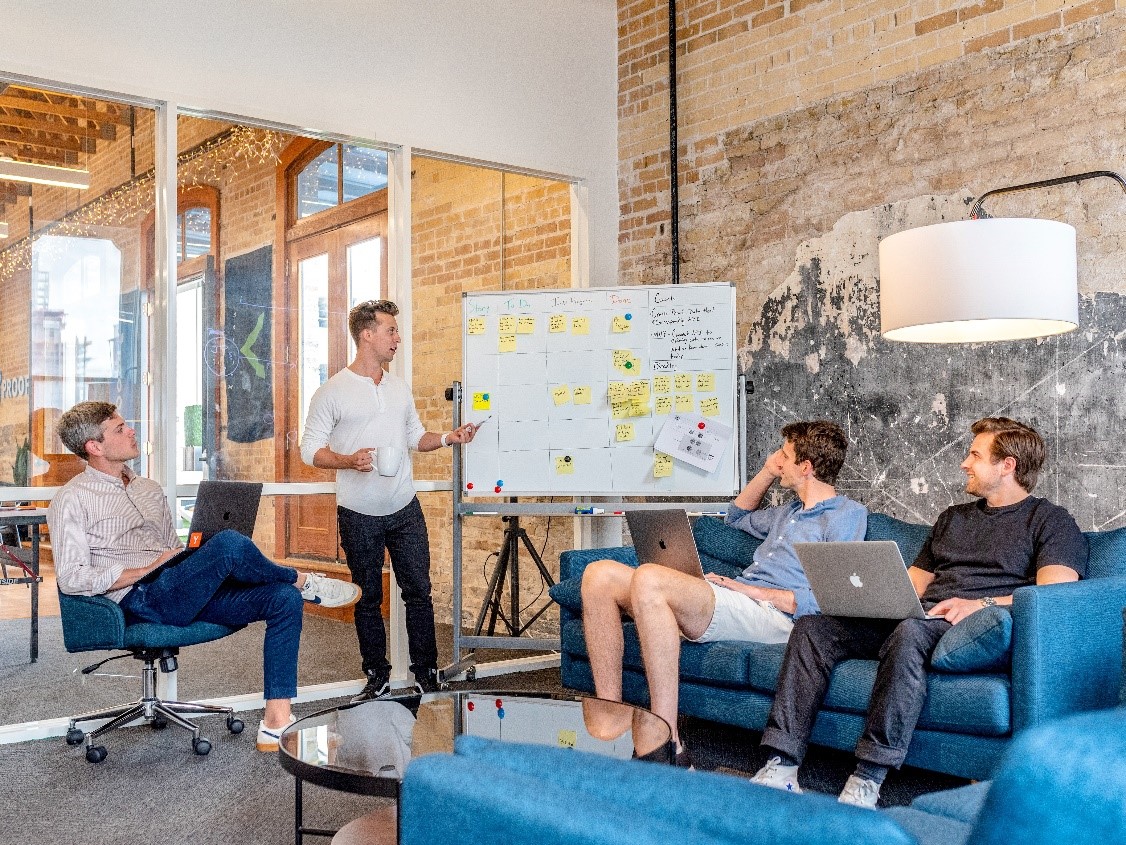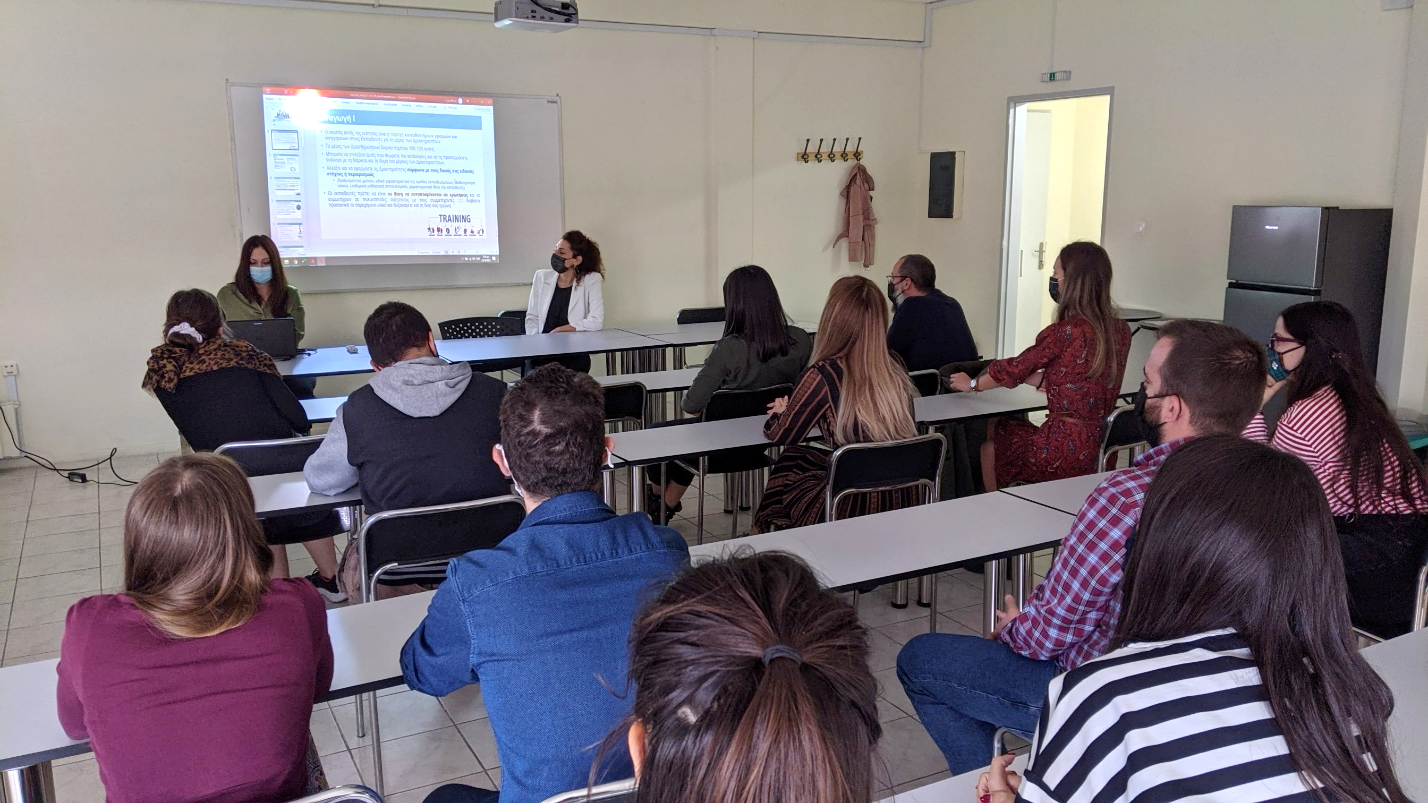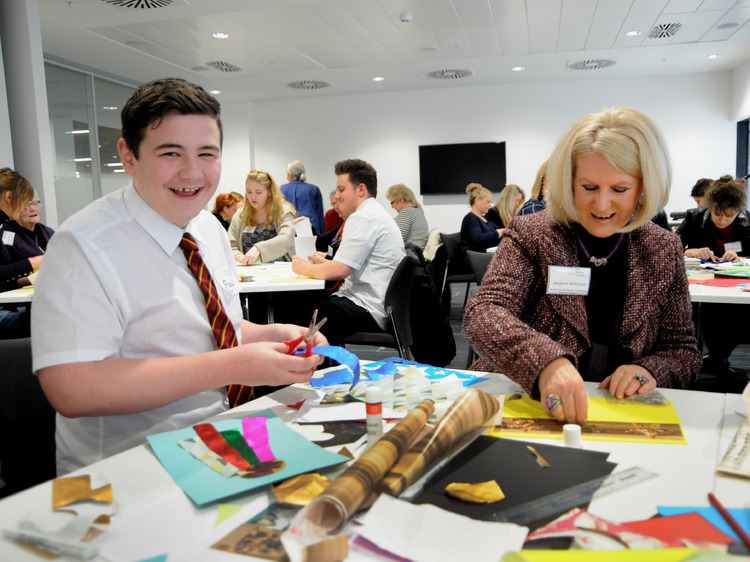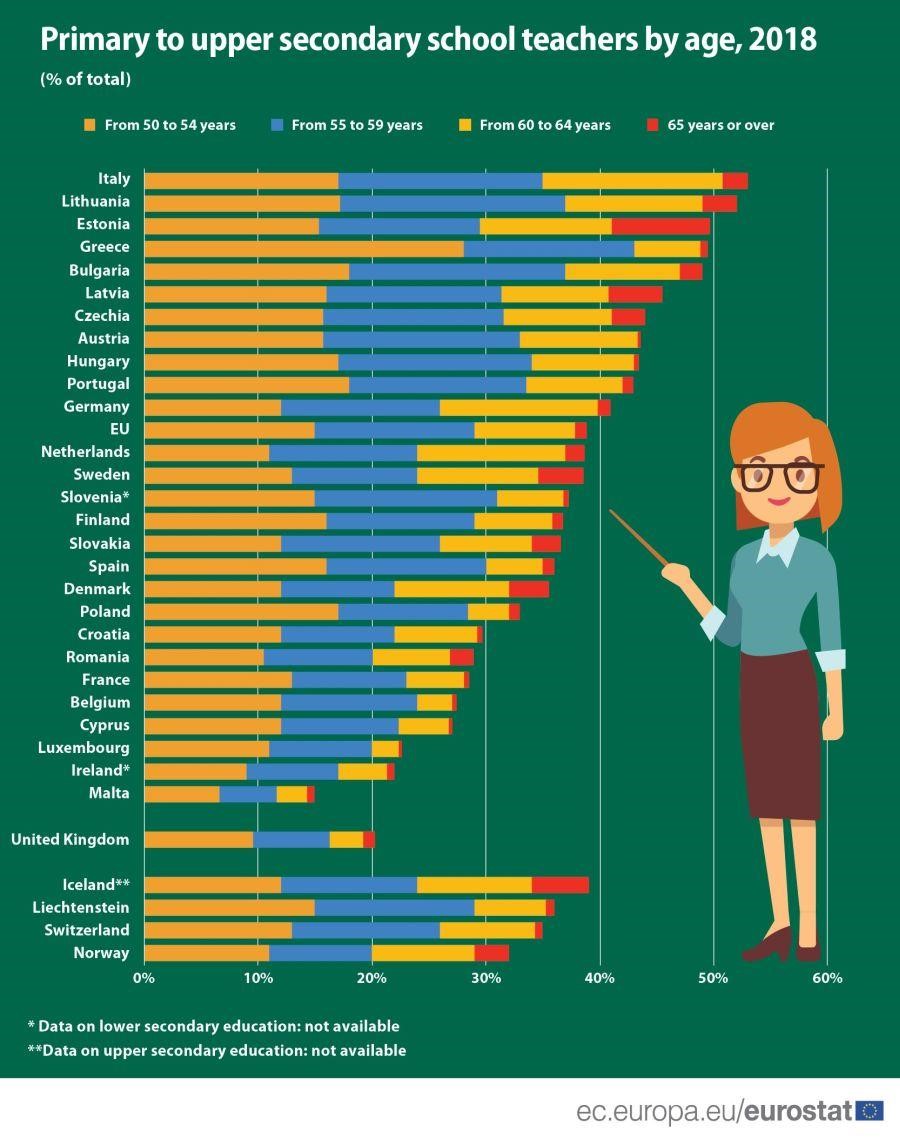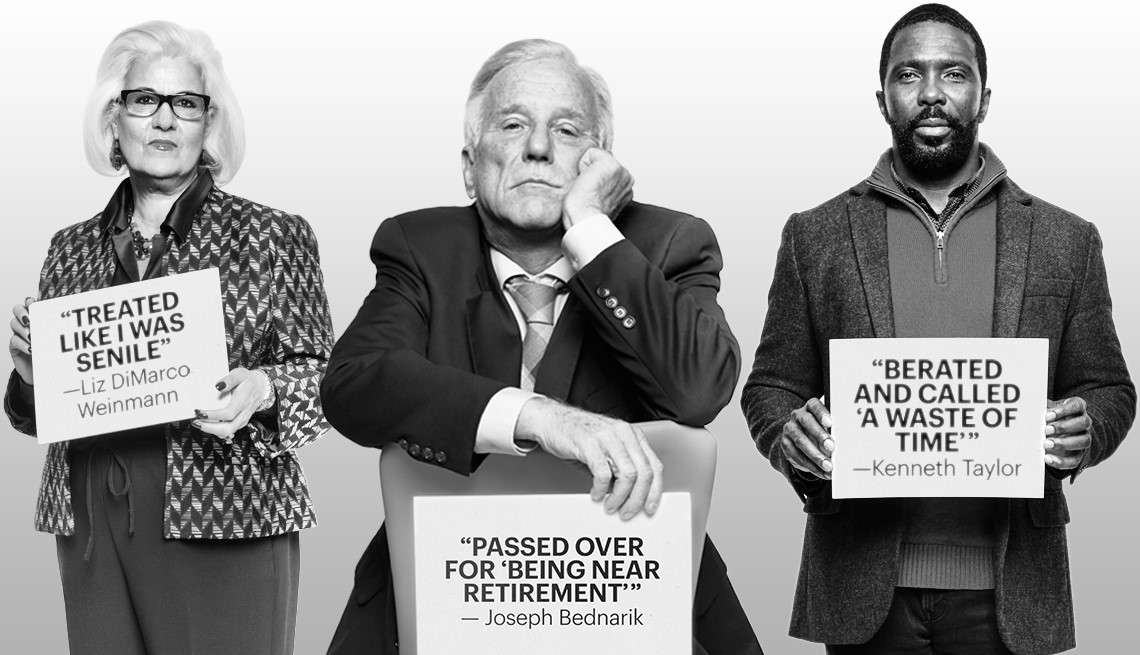- Home
- adminLearnGen
Author: adminLearnGen
Managers’ experience from ageist workplaces
Written by adminLearnGen on . Posted in news.
Promoting Intergenerational Learning
Written by adminLearnGen on . Posted in news.
How Reverse Mentoring Works
Written by adminLearnGen on . Posted in news.
The emergence of “e-mentoring” in the professional world: Benefits and Useful Tools
Written by adminLearnGen on . Posted in news.
Ageism in the Workplace: Whom does it concern?
Written by adminLearnGen on . Posted in news.
Paradigms of Ruling Out Ageism
Written by adminLearnGen on . Posted in news.
The Digital Divide: Are intergenerational teams the way to breakdown age-related stereotypes?
Written by adminLearnGen on . Posted in news.
Multigenerational Workforce: From an Optional Choice to an Inevitable Necessity
Written by adminLearnGen on . Posted in news.
Multigenerational Workforce: From an Optional Choice to an Inevitable Necessity

The rise in the general population’s health levels and life-expectancy along with the willingness of older-aged individuals to remain professionally active for more years contradicts the lack of societal and business opportunities. Age related discrimination, marginalization, exclusion and lack of opportunities are only some of the problems that are escalated. To combat these problems, the LearnGen project is focused on promoting equal work opportunities for people of different ages, as well as endorsing strategies that can be used to prevent the exclusion of older staff, in order to promote diversification and inclusion of marginalized workers within the workplace.
The expansion of employment prospects and opportunities available to older employees, as well as the adoption of a multigenerational workforce can benefit the economy, society, and employees in multiple ways. For instance, the increase of active, older employees will cause the Gross Domestic Product (GDP) per capita to increase. Additionally, the collaboration between workers from different generations is expected to promote teamwork and reduce ageism within society, in general. This is because collaboration between people from different generations acts as a barrier against segregation, discrimination, and social exclusion. On a personal level, by enhancing multigenerational integration within the workplace, employees can expect the intergenerational knowledge and experience sharing to be expanded, increasing their productivity and performance as a result.
A further very important benefit brought on by the interaction between employees from different generations, is that it has a positive impact in retaining their mental health and motivation, as well as improving their resilience and well-being. For instance, studies have shown that older workers are hesitant to ask for mental health support from their employers when needed, while younger employees feel more comfortable to do so. Moreover, older employees are deemed to be more committed, self-sufficient, and competitive, while younger employees show more signs of resourcefulness, and problem solving abilities. Therefore, a working environment that comprises employees from multiple generations can hedge work related issues by creating an environment where each generation brings their competencies and where employees help and mentor one another.
Combating segregation, discrimination, and social exclusion of marginalized workers is not an option. Focusing on this necessity, the LearnGen project aims to utilize mentoring strategies such as peer mentoring and reverse mentoring to increase employees’ competencies and transferable skills. It aims to enhance learning from each other in the designing of peer-to-peer learning mentoring as a way of combating skills mismatches. Furthermore, LearnGen intends to identify effective, inclusive policies that focus on low qualified workers of different age groups.
Overcoming the challenges in mentoring relationships.
Written by adminLearnGen on . Posted in news.
Overcoming the challenges in mentoring relationships.
Not all mentoring relationships are successful, some are marred by conflict, tensions and difficulties. When these challenges are not managed successfully, the reputation of the mentoring programme is at jeopardy and could result in its ultimate demise.
However, despite these challenges, there are a range of strategies that can be implemented to support the continual progression of the relationship;
- Incorrect matching of the mentor and the mentee:
Personality types might clash, personal and professional aspirations and needs might differ, and preferred working styles can result in a challenging relationship for both the mentor and the mentee. Unfortunately, when the working relationship is no longer working, it is important to speak up and identify that a change in relationship is required. By addressing these concerns early, replacement mentor(s) or mentee(s) can be found before either party decides to end the relationship.
- An individual who lacks the commitment and motivation to be part of the mentorship programme.
Often individuals sign up for a mentoring programme and soon realise that they do not have the time available to commit to participating in its associated activities. When the mentorship relationship beings, the mentor and the mentee should identify a series of goals and objectives that they wish to collectively achieve through participating in the programme. Setting SMART goals at the start of the mentoring programme will support both parties to stay motivated and engaged in the programme and will be more willing to commit to activities that are proposed.
- Conflicting Demands
As individuals progress during their career, they develop skills in managing their workload and their ability to juggle tasks and deadlines as they are presented. Within a mentoring relationship, if either party is unable to manage their day-to-day workload, they may struggle to provide input into the mentoring relationship. Being open, honest and realistic with deadlines and expectations from the partnership is an excellent way to overcome challenges that are presented from conflicting demands.
According to Martin (2016) mentoring programs are 80% planning and 20% implementation. By taking the time to effectively match the mentor with their mentee, illustrate the work demands of all parties, and to set realistic demands and expectations from the relationship, the mentoring programme has a greater chance of succeeding. By effectively communicating with one another, mentors and mentees can overcome challenges that they are presented with during their mentorship programme.

The European Commission’s support for the production of this website does not constitute an endorsement of the contents, which reflect the views only of the authors, and the Commission cannot be held responsible for any use which may be made of the information contained therein.
Project Number: 2020-1-BG01-KA202-079064
Privacy Policy










